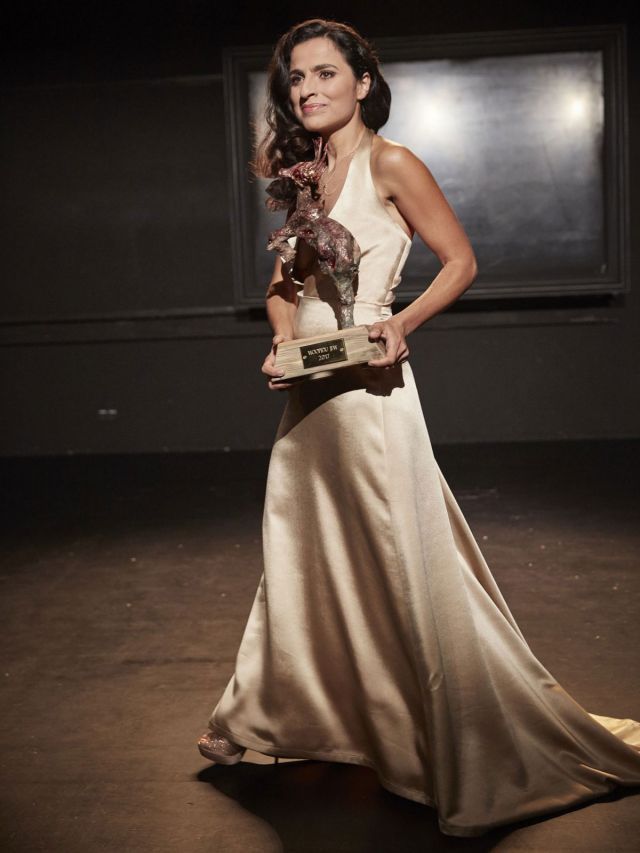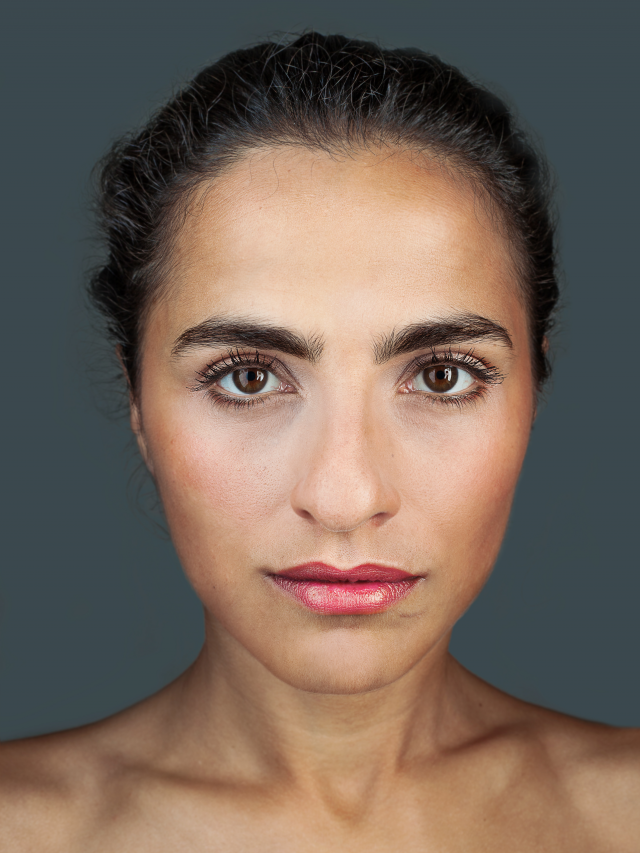Skip to main content
Wounds Are Forever (Selbstportrait als Nationaldichterin)
Szenische Lesung
Israel, Summer 2014. One country, two lives, one ending in violence, the other in departure: A young man named Muhammad has just been murdered for political revenge, the protagonist, Sivan, waits for ...
Israel, Summer 2014. One country, two lives, one ending in violence, the other in departure: A young man named Muhammad has just been murdered for political revenge, the protagonist, Sivan, waits for her transfer to the airport, one-way ticket, a new life, Germany. A Maltese dog pees on her rolling suitcase – a motivic harbinger.
Because, before this departure, we are told the historical backstory, which goes in the other direction of course and, at the same time, undergoes a radical new feminist perspectivation and inhabits new settings: the author has given the ambivalent heroine her own name, Sivan, welding together this Jewish woman and a German shepherd into a unbeatable team and sending them off on a journey that’s just as absurd as it is painful. It begins in Nazi Germany in 1938 and finally leads to »Falastin«, to the embattled promised land. In the process, Sivan mutates from a Holocaust survivor into a partisan in the Soviet woods and further into a fiercely resolute Zionist. She becomes a larger-than-life figure, becomes the body of the collective experience, becomes a passionate and radical bearer of ideas, becomes the perpetrator and victim in equal parts. Brutal, comic, fast-paced and political, Sivan Ben Yishai writes the 20th and 21st centuries on her own body. She makes the history into a backdrop for our renegotiation of our relationship to this problematic past, its wounds, and our discourse about it.
With elements from Moran Sanderovich’s performance Gog and Magog.
In consultation with the team, we have decided to present a staged reading of a version of Sivan Ben Yishai’s play »Wounds Are Forever (Selbstportrait als Nationaldichterin)« with Sesede Terziyan and Moran Sanderovich and directed by Amit Jacobi on December 16/17, instead of »Die Geschichte vom Leben und Sterben des neuen Juppi Ja Jey Juden«.
»Die Geschichte vom Leben und Sterben des neuen Juppi Ja Jey Juden« reflects the situation from 2014. »Wounds Are forever (Selbstportrait als Nationaldichterin)« begins at the same point but then it continues. Today, now, more comprehensive, inclusive, polyphonic and non-exclusionary texts are needed. »Wounds Are Forever« is this kind of text.
Motive © Dina Schweiger
Photos © Stefan Loeber
Translation from the English original by
Maren Kames
Directed by
Amit Jacobi


